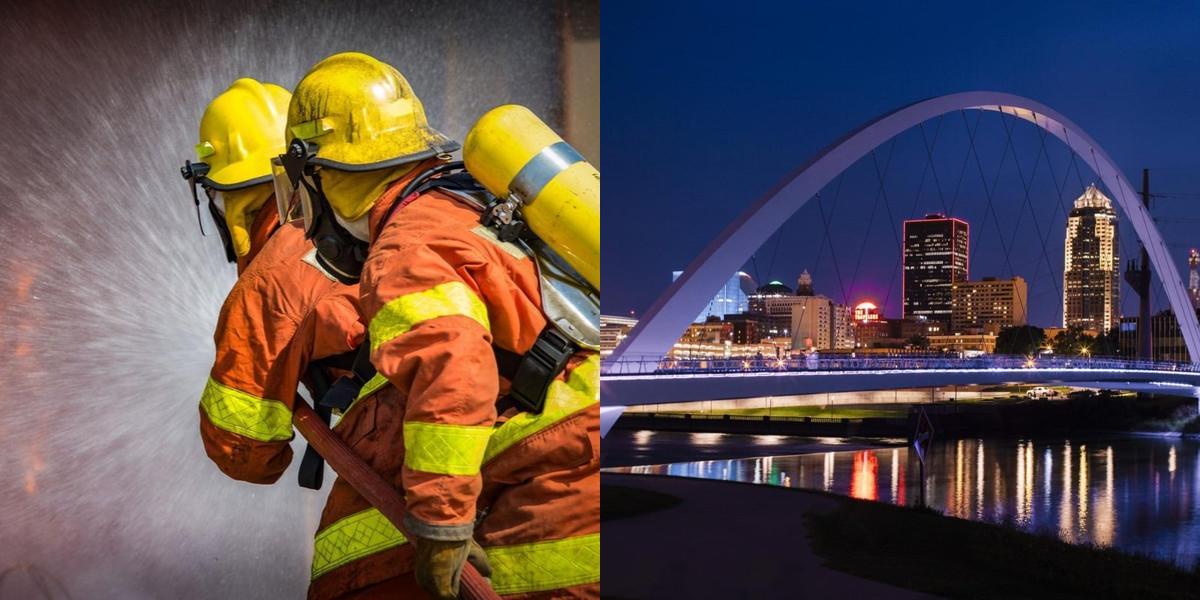How to Become a Firefighter in Iowa (2024)

Firefighters are courageous professionals dedicated to saving lives, protecting property, and responding to emergencies. In this blog, we'll explore the path to becoming a firefighter in Iowa, including requirements, training, career opportunities, and salary insights.
Key Points
- A firefighter is a professional dedicated to saving lives, protecting property, and responding to emergencies, making it a noble and rewarding career.
- To become a firefighter in Iowa, you must complete a certified training program and obtain state-specific certification or licensing.
- Firefighter training programs typically take 6 to 12 months, combining classroom instruction and hands-on practice.
- Firefighters in the U.S. earn a median annual salary of $56,610, with opportunities for growth as they gain experience.
Landing a Job as a Firefighter
Once certified, it’s time to start your job search! Here’s how:
1. Build a Solid Resume: Highlight your training, certifications, and relevant experience.
2. Research Departments: Look for openings in local fire departments and understand their hiring requirements.
3. Ace the Interview: Prepare for questions about your skills, experience, and motivations.
4. Complete the Process: Be ready for additional screenings, including physical tests and medical evaluations.
5. Attend Fire Academy: Many departments require new hires to undergo further training at a fire academy.
Career Paths and Opportunities after Becoming a Firefighter
The firefighting profession offers various paths for growth, including:
- Fire Officer: Lead teams and manage operations.
- Fire Investigator: Uncover the cause of fires and assist law enforcement.
- Fire Inspector: Ensure buildings comply with fire safety codes.
- Emergency Medical Technician (EMT): Provide critical medical care during emergencies.
- Fire Service Instructor: Share your expertise by training future firefighters.
How Much does a Firefighter Make?
In the U.S., the median annual salary for firefighters is $56,610. Entry-level positions may start lower, but as you gain experience and advance in your career, your earnings can grow significantly.
Final Thoughts
Becoming a firefighter is a noble and honorable career choice. It requires dedication, physical fitness, and specialized skills. By obtaining your firefighter certification and gaining experience in the field, you can open up a world of career paths and opportunities. Whether you choose to advance in the ranks of the fire service or pursue a specialized role within the field, the firefighting profession offers a rewarding and fulfilling career.
Weighing the possibilities of a career shift ? Dreambound has written many extensive guides to guide you in making informed decisions. Check out some of these resources below:

Vduani Martinez is a part of the Growth team at Dreambound. She creates and fixes workflows and automation to guarantee seamless operations. On top of that, she manages databases to ensure all information is up to date. Vduani is a licensed Electronics Engineer who loves coffee and is a travel enthusiast. Out of the office, she enjoys going on road trips and discovering new cafes and restaurants.




